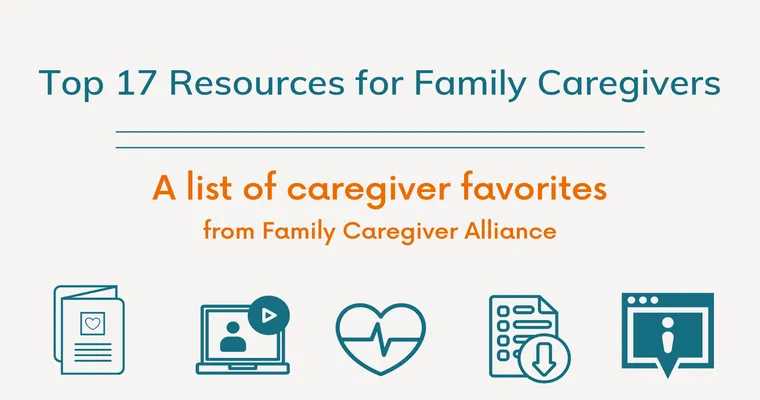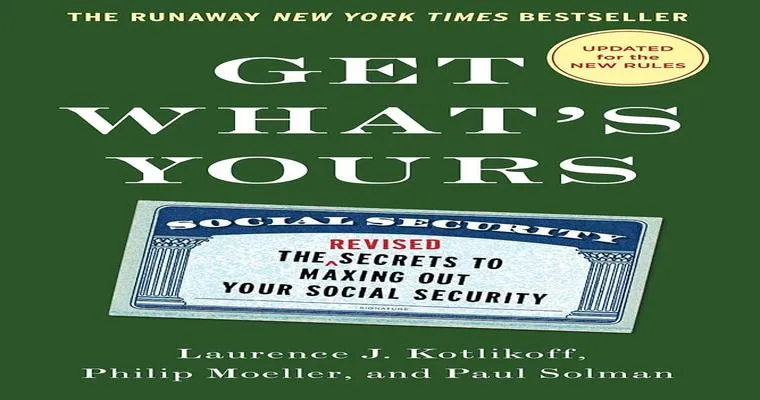Caring for a loved one can be both a rewarding and challenging experience. To navigate the complexities of caregiving, it is essential to be aware of the various "government resources" available. These resources can provide assistance, support, and valuable information to help caregivers manage their responsibilities effectively. Here are eight crucial "government resources" that every caregiver should know about.
1. National Family Caregiver Support Program
The National Family Caregiver Support Program offers a variety of services and resources tailored to support family caregivers. This program provides information, respite care, and access to services that can help caregivers manage their duties while ensuring the well-being of their loved ones. By contacting your local Area Agency on Aging, you can find specific services available in your region.
2. Medicare
Understanding "Medicare" is vital for caregivers managing the healthcare needs of older adults. This federal health insurance program covers a range of services, including hospital stays, outpatient care, and certain home health services. Familiarizing yourself with Medicare benefits can help you make informed decisions about your loved one's healthcare and financial planning.
3. Medicaid
"Medicaid" is a state and federal program that provides health coverage for individuals with low income, including many seniors. For caregivers, knowing how to navigate Medicaid can be essential in securing necessary medical services and long-term care for their loved ones. Each state has its own Medicaid guidelines, so it is important to check local regulations and eligibility requirements.
4. Social Security Administration
The Social Security Administration manages various benefits that can assist caregivers and their loved ones. Programs such as Supplemental Security Income (SSI) and Social Security Disability Insurance (SSDI) can provide financial support to those who qualify. Understanding these programs can help caregivers access vital resources to support their family members.
5. Veterans Affairs Services
For caregivers of veterans, the U.S. Department of Veterans Affairs (VA) offers a wealth of resources. The VA provides health care, financial assistance, and support services specifically designed for veterans and their caregivers. It is beneficial to explore VA programs that can aid in accessing benefits, counseling, and respite care.
6. Administration for Community Living
The Administration for Community Living (ACL) is dedicated to enhancing the well-being of older adults and individuals with disabilities. The ACL offers numerous resources, including information on local services, caregiver training programs, and funding opportunities. Their website can be a valuable starting point for caregivers seeking support and information.
7. Caregiver Action Network
While not a government agency, the Caregiver Action Network collaborates with various government entities to provide resources and support for caregivers. Their website offers practical tips, educational materials, and an extensive database of local services. This resource can help caregivers connect with others who share similar experiences and challenges.
8. State and Local Resources
In addition to federal programs, many states and localities offer unique resources tailored to caregivers. These may include state-funded support programs, tax credits, and local caregiver support groups. It is essential for caregivers to research available resources in their specific area to maximize the support they receive.
In conclusion, being a caregiver can be overwhelming, but utilizing these "government resources" can significantly lighten the load. By taking advantage of programs like the National Family Caregiver Support Program, Medicare, and Medicaid, caregivers can access crucial support and services. Stay informed and make use of these resources to ensure the best care for your loved ones while also taking care of your own well-being.





